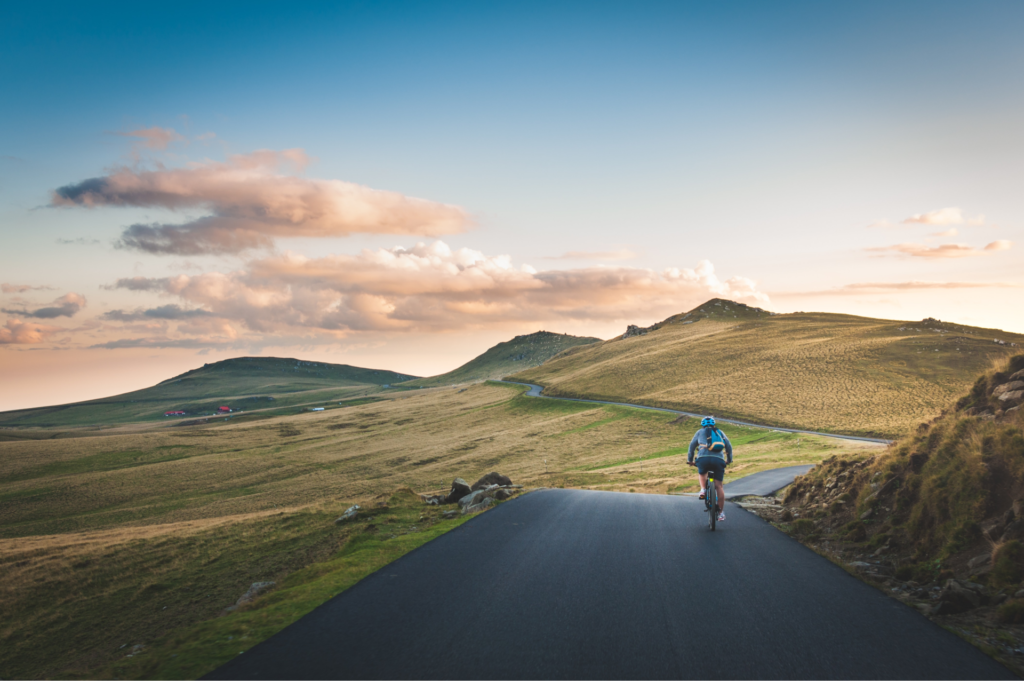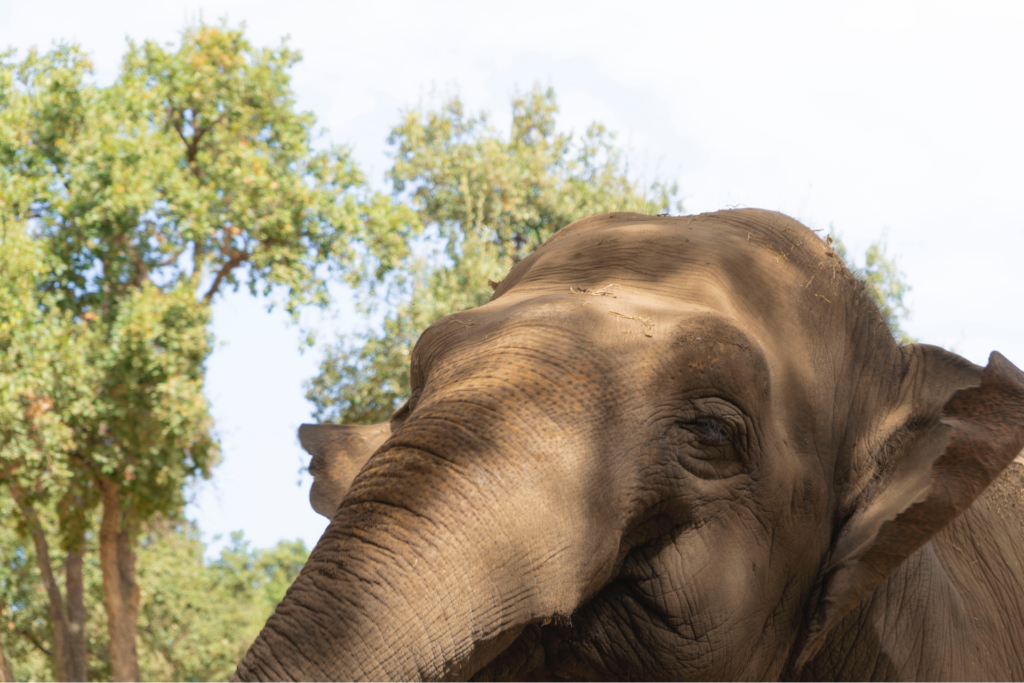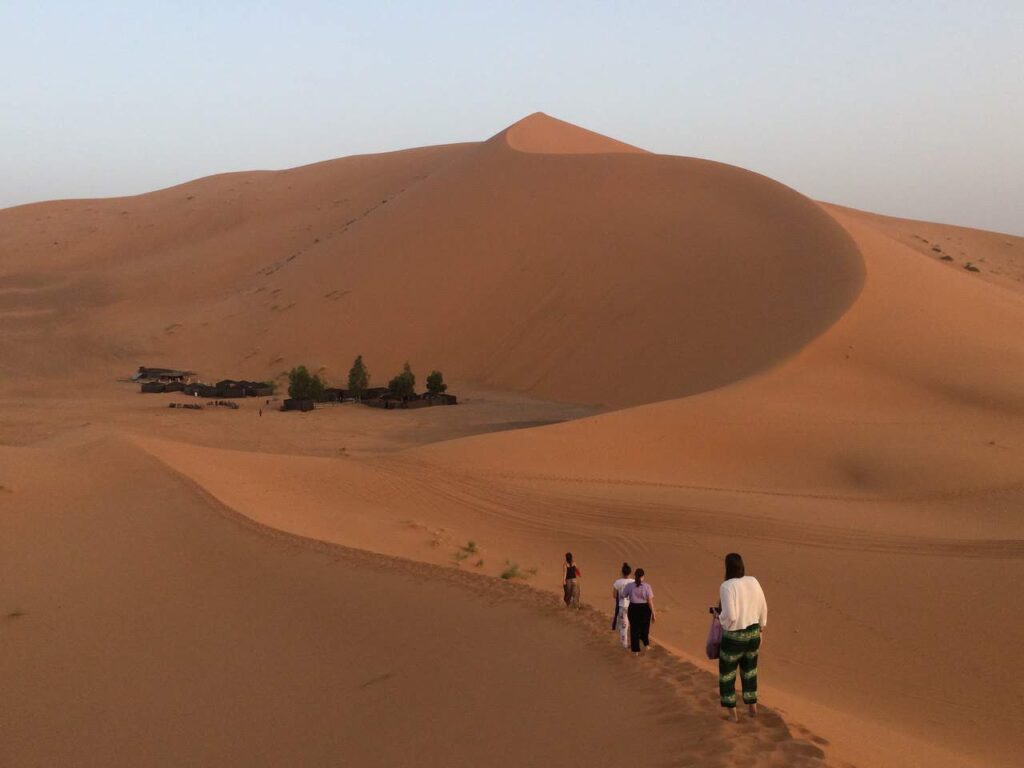Australia
Australia
Greenwashing: How to spot it & avoid it
Okay, let’s talk about greenwashing. Not to be mistaken for the time you accidentally slipped your St. Patrick’s Day leprechaun outfit into a regular white wash, greenwashing is a deceptive form of marketing spin that implies a business / company / product is more environmentally aligned than they really are.
Why bother, you ask? Good question. Because many people now actively prefer to support business / companies / products that are sustainable and ethical, some sneaky (less ethical) providers green sheen their offerings in order to compete for consumers. Or, they make a lot of PR noise about their sustainability principles, when in reality they have none. Dastardly, we know.
But surely this doesn’t happen in the travel industry? Guess again, amigos. In the spirit of Earth Day, here are five common examples of greenwashing and how to stay the heck away from it:
Zero proof
Looking to book with a ‘sustainable’ tour operator in Morocco? Really fancy a week in an ‘eco retreat’ in Bali? Good on you, chase those travel dreams. But also remember to chase a little bit of legitimacy. If the operator is making vague claims, ask them for credentials. There are a bunch of certifications, like B Corp and Global Sustainable Tourism Council (GSTC), that independently vet and certify good businesses with great practices.
Wildlife attractions
Just in general. We are super, exceptionally cynical when it comes to any region in the world marketing wildlife attractions. We’ve learned enough from the elephant trade. That’s not to say there aren’t bona fide sanctuaries doing great things for the rehabilitation of species, but do your research well. Legit elephant sanctuaries won’t let you ride or play with the animals, and that’s how it should be. Love nature and want to get up close and personal? Go see them in the wild! Cruise down the Amazon, jump on a safari, sit on a deck chair and wait for the meerkats to wake up. Trust us, it’s better than going to a zoo.
Community initiatives
Don’t get us wrong, we love a good cultural immersion trip. But you’re right to be wary of any tour operators that claim to directly benefit the local community, without showing proof of said benefit. Common examples? Orphanage and school visits, or heading into an ethnic community just to take a bunch of photos. That’s not cool. Know what else isn’t cool? Unsustainable, plastic, trinkety souvenirs.
Bio-plastic
Sure, bio-plastic is better than regular plastic but it’s definitely not the most sustainable option. A lot of remote areas of the world don’t have access to proper recycling outlets and so these plastics end up in landfill regardless—and, surprise, bio-plastic doesn’t break down naturally. Always opt for restaurant or bar or hotel that has reusable kitchenware.
Low Impact
Just because a travel experience takes place in a natural setting, doesn’t mean it’s low impact. Especially not if they’re serving lunch in plastic or tramping off-track, disturbing wildlife and vegetation. If you’re headed out bush or desert or dune, look for experiences and operators that have a Leave No Trace policy. That way you know they’re well-intentioned and taking steps to actually minimise their impact, rather than just talk about it.
 (
(















